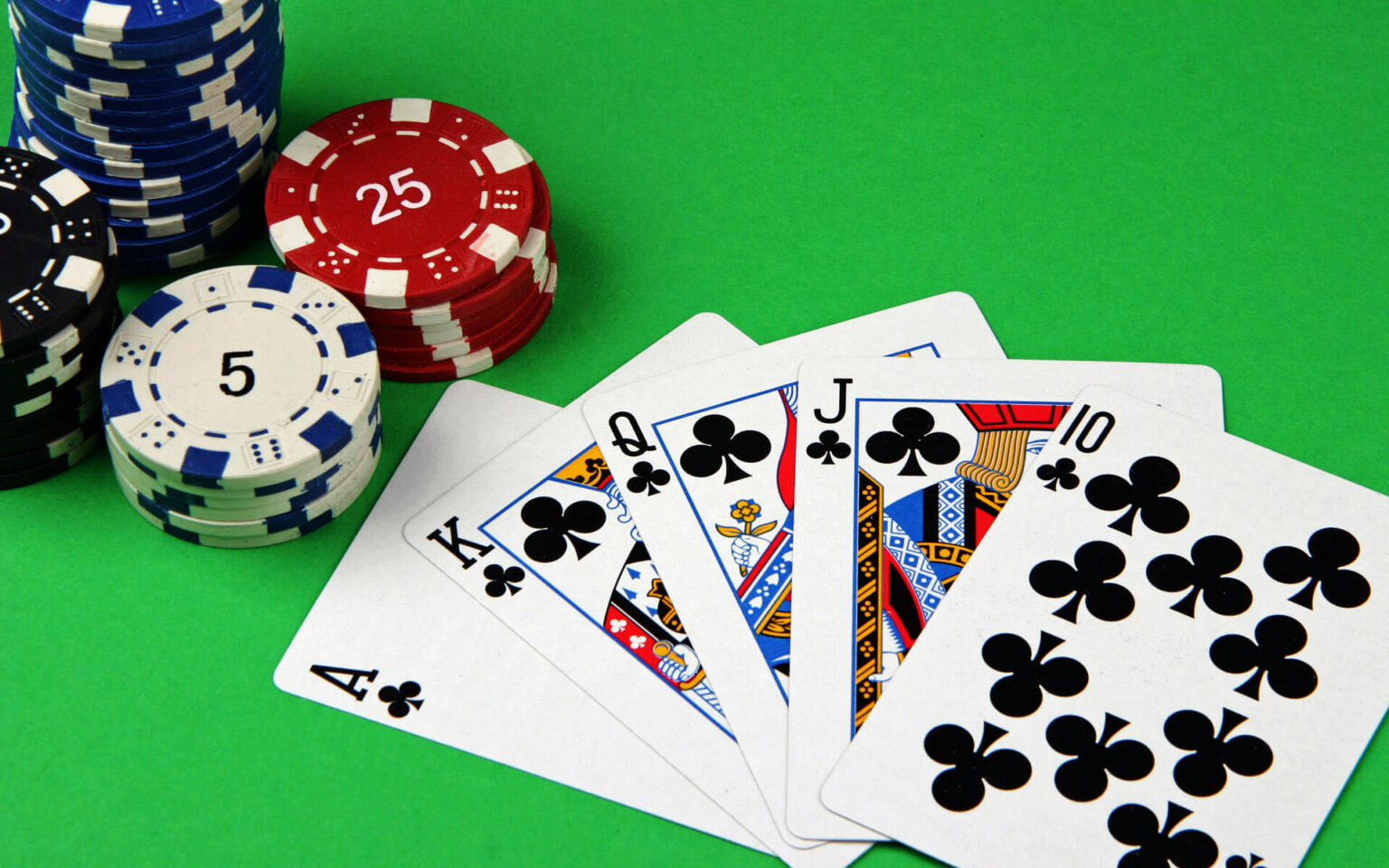Poker is a game of strategy and skill, which means that players must make decisions based on the cards they have in their hand and the options available to them at the table. The best poker players are able to think several steps ahead and use this knowledge to increase their chances of success.
There are many variations of poker, but all games follow the same basic rules. Players are dealt a hand of five cards, which they can use to create the best possible poker hand. In each round of betting, players can either check (stay in the game without making any further bets), bet (raise or bet with their chips) or fold (discard their cards and end their participation). After the betting is complete, players reveal their hands to each other and the best hand wins the pot.
The various poker games differ in terms of their betting structure and hand rankings. The most common form of poker played today is Texas Hold’em, where players can make use of two hole cards (the first two cards dealt in the round) and three community cards (dealt face-up on the table which every player can use to create their best five-card poker hand). In Texas Hold’em, players can either call (match an existing bet) or raise (increase the size of a bet). The highest possible poker hand is a royal flush (10-J-Q-K-A of the same suit) and the lowest is a high card (which can be any combination of five different cards).
Betting Structures
Players must learn to recognize the various betting structures used in poker. The most common structure is called No Limit, where there is no maximum bet that players can make. Pot Limit is another common structure; this limits the amount that a player can bet to the size of the pot at any given time. There are also other structures such as Fixed Limit, Spread Limit and Big Bet Poker.
In addition to understanding the rules and betting structures, players must study poker hand rankings in order to determine which hands are stronger than others. Knowing the strength of certain hands will help players make decisions about which cards to keep and which cards to discard during the game.
Poker is an exciting and complex game that requires skill, strategy and a good knowledge of the rules and betting structures. With practice and determination, players can become proficient at poker, increasing their chances of success. As a player’s skill level increases, they can even begin to anticipate their opponents’ moves and take advantage of any mistakes that are made.
Tips for Playing Poker Successfully
- Be patient
- Observe your opponents’ play styles
- Understand the rules and betting structures
- Know when to fold and when to bluff
- Set up a bankroll and manage it responsibly
- Practice, practice, practice!
